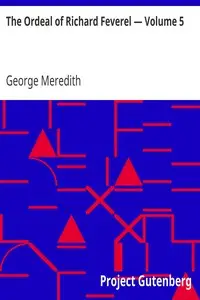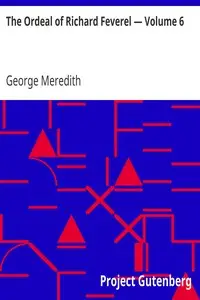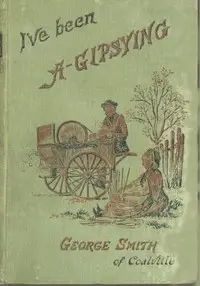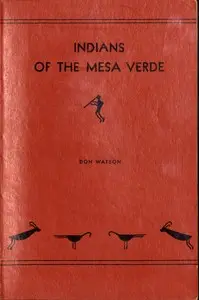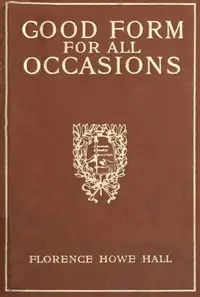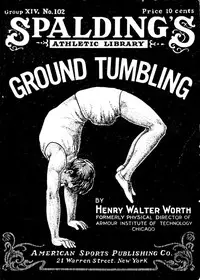"The Ordeal of Richard Feverel — Volume 1" by George Meredith is a 19th-century novel focused on the life of Richard Feverel, a young man experiencing the difficulties of adolescence and the pressures of an unusual upbringing. Beginning at Raynham Abbey, the story introduces Richard and the complicated life of his father, Sir Austin Feverel, who is coping with past heartbreaks while family and friends also impact their lives. The book suggests Richard will face struggles with friends, enemies, and figuring out who he is while dealing with strict rules in society. The novel’s style switches between serious and humorous, encouraging readers to think about what it means to grow up in an imperfect world.

The Ordeal of Richard Feverel — Volume 1
By George Meredith
Experience the trials of a young man navigating love, loss, and societal expectations under the watchful eye of his unconventional father.
Summary
About the AuthorGeorge Meredith was an English novelist and poet of the Victorian era. At first, his focus was poetry, influenced by John Keats among others, but Meredith gradually established a reputation as a novelist. The Ordeal of Richard Feverel (1859) briefly scandalised Victorian literary circles. Of his later novels, the most enduring is The Egoist (1879), though in his lifetime his greatest success was Diana of the Crossways (1885). His novels were innovative in their attention to characters' psychology, and also portrayed social change. His style, in both poetry and prose, was noted for its syntactic complexity; Oscar Wilde likened it to "chaos illumined by brilliant flashes of lightning". Meredith was an encourager of other novelists, as well as an influence on them; among those to benefit were Robert Louis Stevenson and George Gissing. Meredith was nominated for the Nobel Prize in Literature seven times.
George Meredith was an English novelist and poet of the Victorian era. At first, his focus was poetry, influenced by John Keats among others, but Meredith gradually established a reputation as a novelist. The Ordeal of Richard Feverel (1859) briefly scandalised Victorian literary circles. Of his later novels, the most enduring is The Egoist (1879), though in his lifetime his greatest success was Diana of the Crossways (1885). His novels were innovative in their attention to characters' psychology, and also portrayed social change. His style, in both poetry and prose, was noted for its syntactic complexity; Oscar Wilde likened it to "chaos illumined by brilliant flashes of lightning". Meredith was an encourager of other novelists, as well as an influence on them; among those to benefit were Robert Louis Stevenson and George Gissing. Meredith was nominated for the Nobel Prize in Literature seven times.




